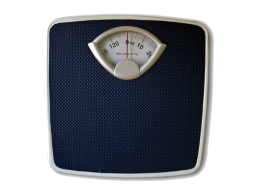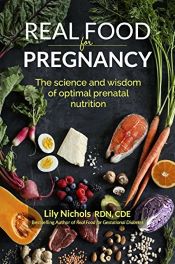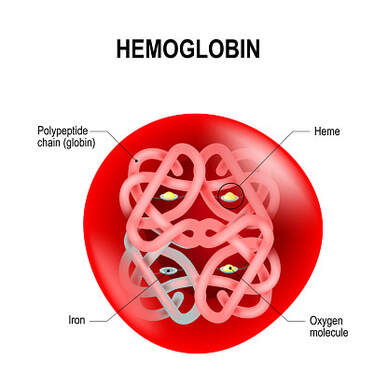
While you are indeed eating for another human being, that human being will weigh around 8 lbs, so you certainly don't need to eat double the calories you normally eat. You should focus on eating nutrient dense foods because the need for nutrients in pregnancy is significantly higher than when you are not pregnant. Not only does your baby need nutrients as organ systems develop and mature, but your body has increased nutrient needs to sustain pregnancy.
Cravings can be a sign your body needs more of a particular nutrient or nutrients. Pickles are considered a common craving during pregnancy. Pickles are salty, and the body needs salt to hold onto the fluid required to expand blood volume so that may be why it seems to be common craving. Craving ice can be your body teling you it needs more iron. Sometimes cravings can be for non food items (known as pica) and indicate extreme nutrient deficiencies
Salt your food to taste. As I mentioned, your body is expanding blood volume in pregnancy, by 50 percent! It needs salt to hold onto the fluids necessary to expand your blood volume, and let's face it; salt makes food tasty. There is some thought that you should restrict salt in your diet to prevent swelling, high blood pressure and pre eclampsia but the evidence doesn't support these ideas.
Focus on eating whole foods that are not processed. If you are eating a wide variety of whole foods such as fruits, veggies, nuts, whole grains, meat and so on, you are providing a wide variety of nutrients and vitamins for your baby and your baby. Be mindful that you are not eating more calories than you and your baby need. Calorie recommendations vary depending on what your BMI was before pregnancy.
As part of my prenatal care for clients, we talk a lot about nutrition. If a client is having cravings, usually a dietary tweak can resolve those. I like to see a food log at least twice during pregnancy. While I don't track client's weight, I do discuss caloric needs and encourage clients to exercise to have a healthy weight gain. I encourage clients to eat in a way that they enjoy, and is sustainable while providing plenty of nutrients.




 RSS Feed
RSS Feed